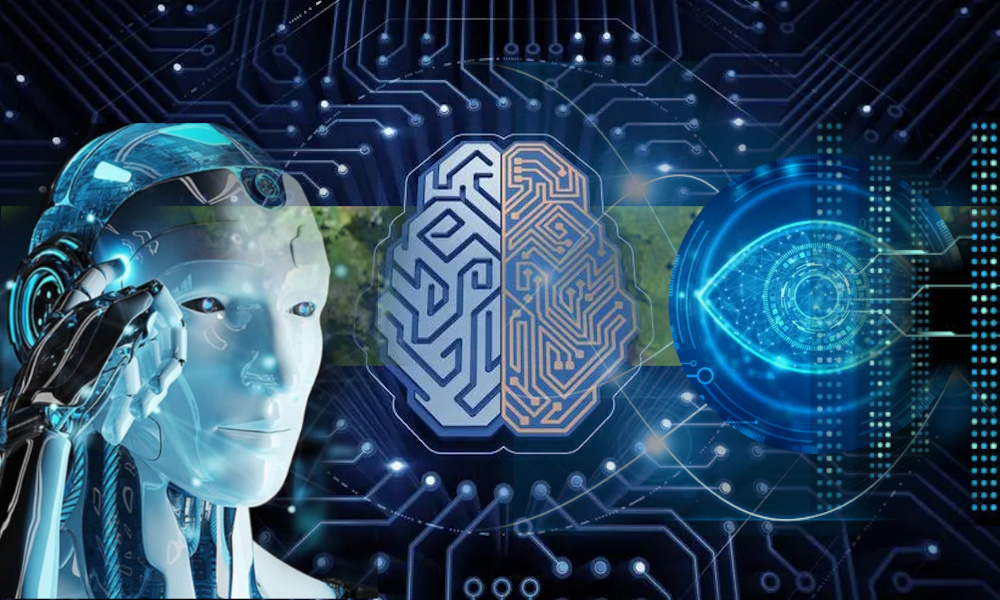Artificial Intelligence and Signal Processing

Software developers enable computers to analyze data and solve problems by applying tools such as: machine learning, deep learning, neural networks, computer vision, natural language processing, image and signal processing.

Artificial Intelligence
An area of Computer science and Engineering that deals with giving machines the ability to seem like they have human intelligence.

Machine Learning
Machine Learning (ML) is an application of AI that enables systems to learn and improve from experience without being explicitly programmed, specially using data.

Computer Vision
Computer vision (CV) is a field of AI that enables computers and systems to derive meaningful information from digital images, videos and other visual inputs, and take actions or make recommendations based on that information.

Signal Processing
Signal processing is an electrical engineering subfield that focuses on analyzing, modifying and synthesizing signals, such as sound, images, and scientific measurements.
Artificial Intelligence and Signal Processing Laboratory
he AI and Signal Processing Laboratory in the DEEE is the facility that provides students and researchers with the opportunity to learn about and develop cutting-edge technologies in these rapidly growing fields.
COURSE BASKET
Department provides basic courses for all engineering undergraduates on the principles of Electrical and Electronic Engineering, in appropriate depth, to acquire essential fundamentals, and also it offers several advanced courses to the specializing students.
RECOMMENDED TECHNICAL ELECTIVES
Appropriate selection of Technical Electives, backed by the undergraduate research project and industrial training engagements, pave the way for the DEEE students to specialize in any of the subdisciplines.
CORE COURSE MODULES
Core modules are designed such a way that they provide essential technical knowledge while exposing students to analysis and design in order to solve complex engineering problems. Research project provide students the opportunity to demonstrate their creative abilities.


